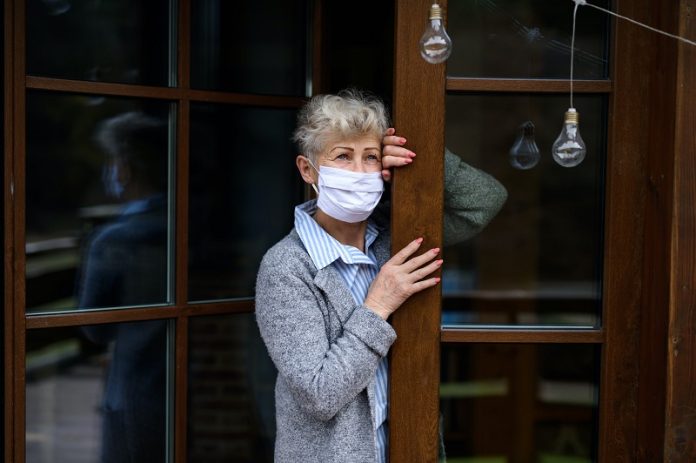
Have you heard people talk about ‘brain fog’ after recovering from COVID-19?
This term refers to difficulties with thinking, focusing, and remembering things, and scientists have been trying hard to understand why this happens to some people.
Researchers from the University of Oxford and the University of Leicester believe they have found a major clue: blood clots might be to blame.
Dr. Max Taquet and his team looked at the blood tests of 1,837 patients who had been in the hospital due to COVID-19.
They were searching for special proteins, known as biomarkers, that could indicate who might experience brain fog later on. They discovered that high levels of two particular proteins, fibrinogen and D-dimer, were found in patients who had cognitive issues afterward.
What are these proteins?
Both fibrinogen and D-dimer play a role in blood clotting. Fibrinogen might directly affect the brain and its blood vessels, while D-dimer could indicate blood clots in the lungs, leading to less oxygen reaching the brain. Less oxygen can result in problems with brain function, including brain fog.
Dr. Taquet said, “Our findings support the idea that blood clots could be causing the cognitive problems we see in some people after they’ve had COVID-19. But we still need to do more research to be sure and to find ways to treat it.”
Professor Paul Harrison, who oversaw the study, mentioned that this research gives us significant clues about what might cause brain fog.
This is essential for understanding how to help people who experience these frustrating symptoms after beating COVID-19.
The research was part of a larger study funded by the UK’s PHOSP-COVID program, which focuses on understanding the long-term effects of COVID-19, often referred to as Long Covid. Geoffrey Hodgson, a participant in this study, said that understanding the causes of his cognitive difficulties helped him a lot.
“It’s easier to cope when you know what’s happening,” he said.
Dr. Rachael Evans from the University of Leicester emphasized the importance of this type of research. “We need large, detailed studies like this one to understand Long Covid and find ways to treat its symptoms,” she stated.
In summary, this study suggests that brain fog after COVID-19 could be linked to blood clots affecting the brain and lungs. While this is a big step in understanding the problem, more research is needed to confirm these findings and develop treatments.
This research was supported by various organizations, including MQ Mental Health Research and the Wolfson Foundation, and provides hope for tackling the cognitive challenges many face in the wake of COVID-19.
The full paper can be read in Nature Medicine.
If you care about COVID-19, please read studies that vaccines may increase heart disease risk, and this face mask can capture and deactivate the COVID-19 virus.
For more information about health, please see recent studies about which drug can harm your liver most, and results showing this drug can give your immune system a double boost against cancer.
Follow us on Twitter for more articles about this topic.



